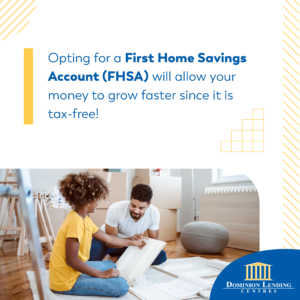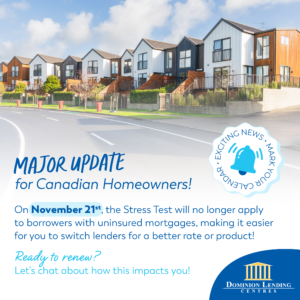
A Comprehensive Guide for First-Time Homebuyers in Canada: Key Programs and Strategies for 2024
Buying your first home is a significant milestone. It can also be a challenge, especially in Canada’s competitive housing market. Thankfully, several programs are available in 2024 to help first-time buyers. This guide covers essential programs and strategies to help you succeed.
While the First-Time Home Buyer Incentive (FTHBI) has been discontinued as of 2024, several valuable programs remain available to help you achieve your dream of homeownership in Canada.
Home Buyers’ Plan (HBP)
How It Works:
- You can withdraw up to $60,000 from your RRSP tax-free.
- If you buy with a partner, you can combine withdrawals for up to $120,000.
- You have 15 years to repay the money, interest-free.
Why It Matters: This plan allows you to use your retirement savings without penalties. Therefore, it makes affording a down payment easier.
First-Time Home Buyers’ Tax Credit (HBTC)
Tax Relief:
- You can claim up to $1,500 in federal tax savings.
- This credit reduces your tax bill for the year you buy your home.
Eligibility: You and your partner can share this credit. However, the total cannot exceed $1,500. This credit eases the financial burden in your first year of homeownership.
HST & GST Housing Rebate in Ontario
Federal and Provincial Rebates:
- You can recover some GST/HST paid on new or renovated homes.
- The federal rebate applies to homes priced under $450,000.
- Ontario offers a rebate of up to $24,000, even for higher-priced homes.
Eligibility Criteria:
- The home must be new or substantially renovated, bought from a builder, and located in Ontario.
- You must use the home as your primary residence. Additionally, it must be unoccupied before you take possession.
Impact: These rebates significantly reduce the tax burden on new homes. As a result, buying a home becomes more affordable.
Ontario Land Transfer Tax Refund
Available Refunds:
- You can receive up to $4,000 on the provincial land transfer tax.
- In Toronto, you can get an additional $4,475.
Who Qualifies:
- You must be a Canadian citizen or permanent resident.
- You need to occupy the home as your principal residence within nine months of the purchase.
Why It’s Helpful: This refund can offset a large portion of your closing costs. This is especially valuable in high-tax areas like Toronto.
First-Time Home Savings Account (FHSA)
Saving Strategy:
- You can contribute up to $8,000 per year, with a lifetime maximum of $40,000.
- Contributions are tax-deductible. Moreover, withdrawals for home purchases are tax-free.
Advantages: Using both the FHSA and RRSP can increase your down payment. Consequently, you can secure a better mortgage.
New 30-Year Amortization for New Builds
Policy Change:
- Starting August 2024, first-time buyers can choose a 30-year amortization for new builds.
- This option lowers monthly payments but increases total interest.
Considerations: While this option makes monthly payments more manageable, it also increases the long-term cost due to higher interest.
Smart Strategies for Ontario’s First-Time Buyers
Maximize Your Savings:
- Use both the FHSA and RRSP (via HBP) to increase your down payment.
Focus on Credit Score:
- Aim for a credit score of 680 or higher to access better mortgage rates.
Get Pre-Approved:
- A pre-approval helps you understand your budget. It also strengthens your offer in a competitive market.
Plan for Closing Costs:
- Budget for closing costs, typically ranging from 1.5% to 3% of the purchase price.
Seek Professional Advice:
- Work with an experienced realtor to navigate the complexities of buying your first home.
Think Long-Term:
- Consider the potential for appreciation and resale value when choosing a home.
Conclusion
Buying your first home in Canada can seem daunting. However, with the right programs and strategies, it’s achievable. Take advantage of these opportunities. Consult professionals, and plan carefully. Your dream of homeownership is within reach.
Final Tip: Stay updated on any changes to these programs. As government policies evolve, informed decisions today will lay a strong foundation for your future.
#FirstTimeHomeBuyer #OntarioRealEstate #HomeownershipGoals #MortgageTips #CanadianHousing #NewHomeOwner #PropertyLadder #HousingMarket #RealEstateCanada #HomeBuyingProcess #AffordableHousing #MortgageAdvice #HousingIncentives #NewConstruction #DreamHome


